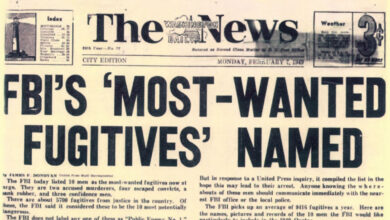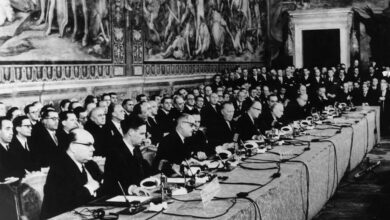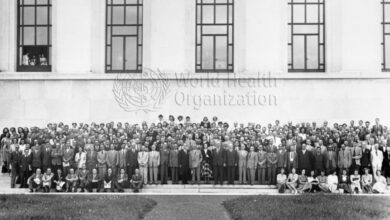In 1714, the British Parliament passed the Longitude Act, offering a hefty reward for a method to accurately determine a ship’s longitude at sea. This crucial measurement had plagued sailors for centuries, leading to countless disasters. Enter John Harrison, a self-taught clockmaker who dedicated decades to solving this navigational nightmare.
Harrison’s series of ever-evolving marine timekeepers culminated in his H4 clock. Harrison’s creation boasted remarkable precision, unlike traditional clocks that faltered under the harsh sea environment. After rigorous testing, 1765 finally saw Harrison’s efforts rewarded. On May 10, The Board of Longitude, impressed by H4’s accuracy during a voyage to the West Indies, awarded him a significant sum, £10,000 (roughly £3.35 million today). Harrison’s invention revolutionized navigation, ensuring safer journeys and ushering in a new era of maritime exploration.





